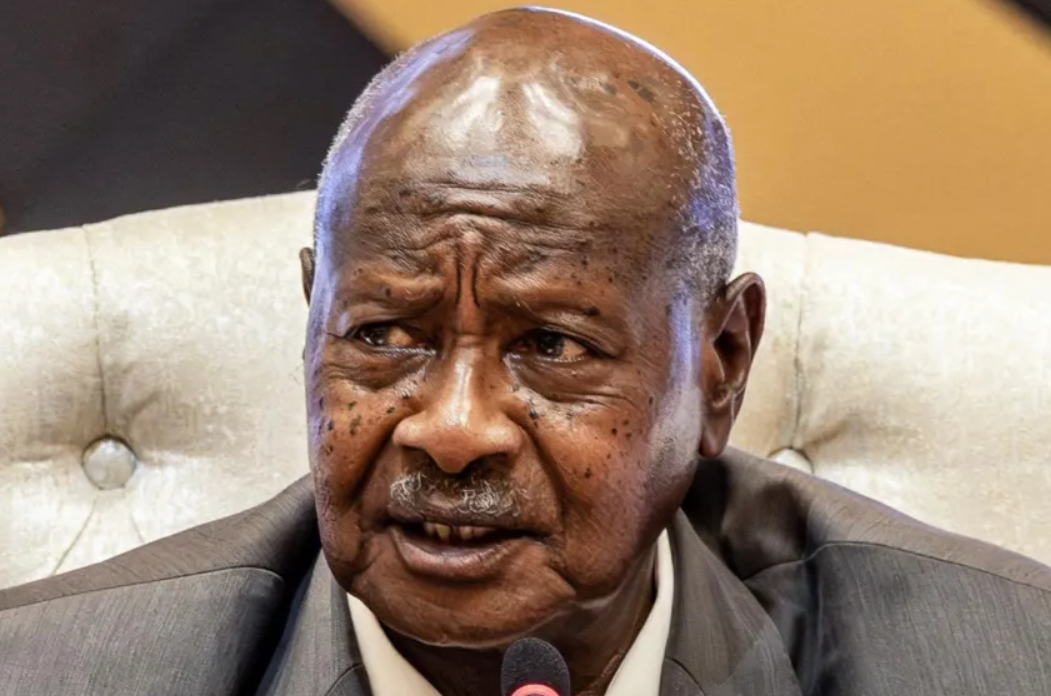A Ugandan Man Faces a Six-Year Prison Sentence for TikTok Insults Against the President and First Family
An disrespectful video posted to TikTok insulted President Yoweri Museveni and the first family. A court in Uganda sentenced a 24-year-old man to six years in prison for his actions. President Museveni, First Lady Janet Museveni, and their son, the chief of the military, Muhoozi Kainerugaba, were the targets of Edward Awebwa’s alleged hate speech and dissemination of “misleading and malicious” material.
Legal Action and Proceedings
According to what the court heard, Awebwa’s video included some really offensive material and even threatened tax hikes under President Museveni’s watch. The presiding magistrate, Stella Maris Amabilis, noted that Awebwa did not exhibit sincere regret, even though she admitted wrongdoing and asked for pardon. As the magistrate put it, the video’s language was “really vulgar,” and he stressed the need of a punishment that would teach the public to respect the president and his family.
The four counts against Awebwa each carried a six-year sentence, which he must serve concurrently.
Human Rights and Expression in the Ugandan Context
Human rights organizations regularly accuse the Ugandan government of stifling free speech and other fundamental rights. As in other recent cases, this one targets those who voice their disapproval of the government.
The author Kakwenza Rukirabashaija of Uganda was indicted for “offensive communication” in 2022 for her negative Twitter posts directed towards the president and his son. Rukirabashaija escaped to Germany after a month in prison, during which he claimed to have been tortured.
In a similar vein, writer and activist Stella Nyanzi (now living in exile) spent time in prison for writing a poem critical of President Museveni.
The Framework of Law
Nearly forty years have passed since President Museveni assumed office in 1986. Critics from rights groups were outspoken when he passed a bill in 2022 that would limit people’s ability to express themselves freely online. The act’s provision punishing “offensive communication” was, however, eventually declared illegal by the constitutional court.
The same larger statute, which is still a point of contention in Ugandan courts, was used to charge Awebwa, notwithstanding this decision. Michael Aboneka, a human rights lawyer, brought attention to the perpetual court battle over the law’s ambiguity. According to Aboneka, the president and his family should anticipate criticism because they are public people.
Consequences and Responses
The conflict between the desire for more free speech and the Ugandan government’s attempts to stifle criticism is highlighted by this case. The harsh penalty handed down to Awebwa is a sobering reminder of the dangers that individuals who publicly reject the authority confront.
As they push for changes to the law and stronger safeguards for individual rights, human rights groups and the international community keep an eye on these kinds of situations. The future of free expression in Uganda will be greatly influenced by the results of the legal challenges to the more general law that Awebwa was charged under.
In summary
Edward Awebwa’s six-year prison term for his TikTok video that criticized the president and the first family is emblematic of the larger fight for free speech in Uganda. The characters Awebwa, Rukirabashaija, and Nyanzi, along with President Museveni’s long reign and the government’s strict anti-dissent legislation, illustrate the never-ending struggle between governmental power and individual freedoms. Human rights and free expression in the country will be greatly affected by ongoing legal challenges and international scrutiny.



















